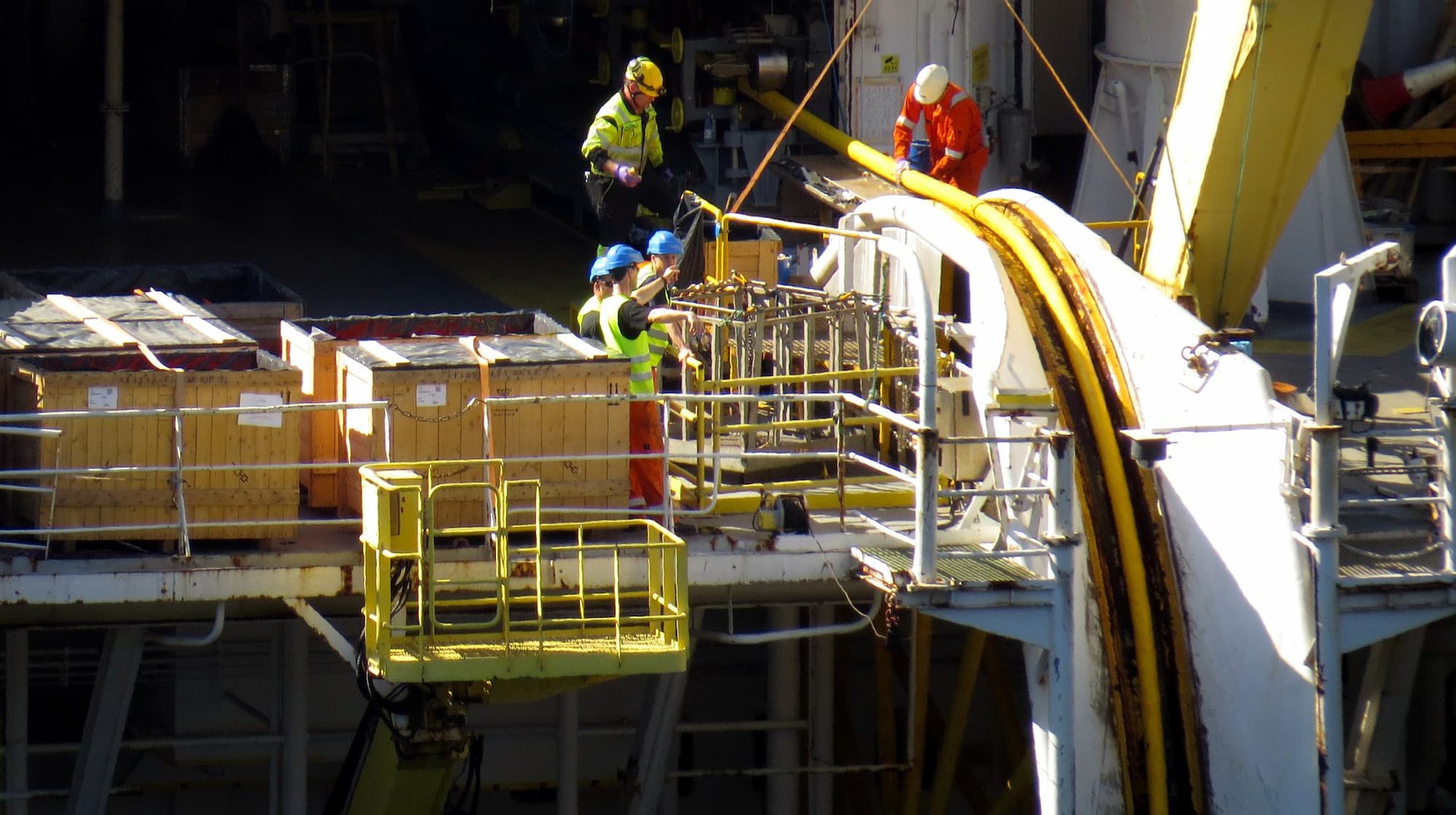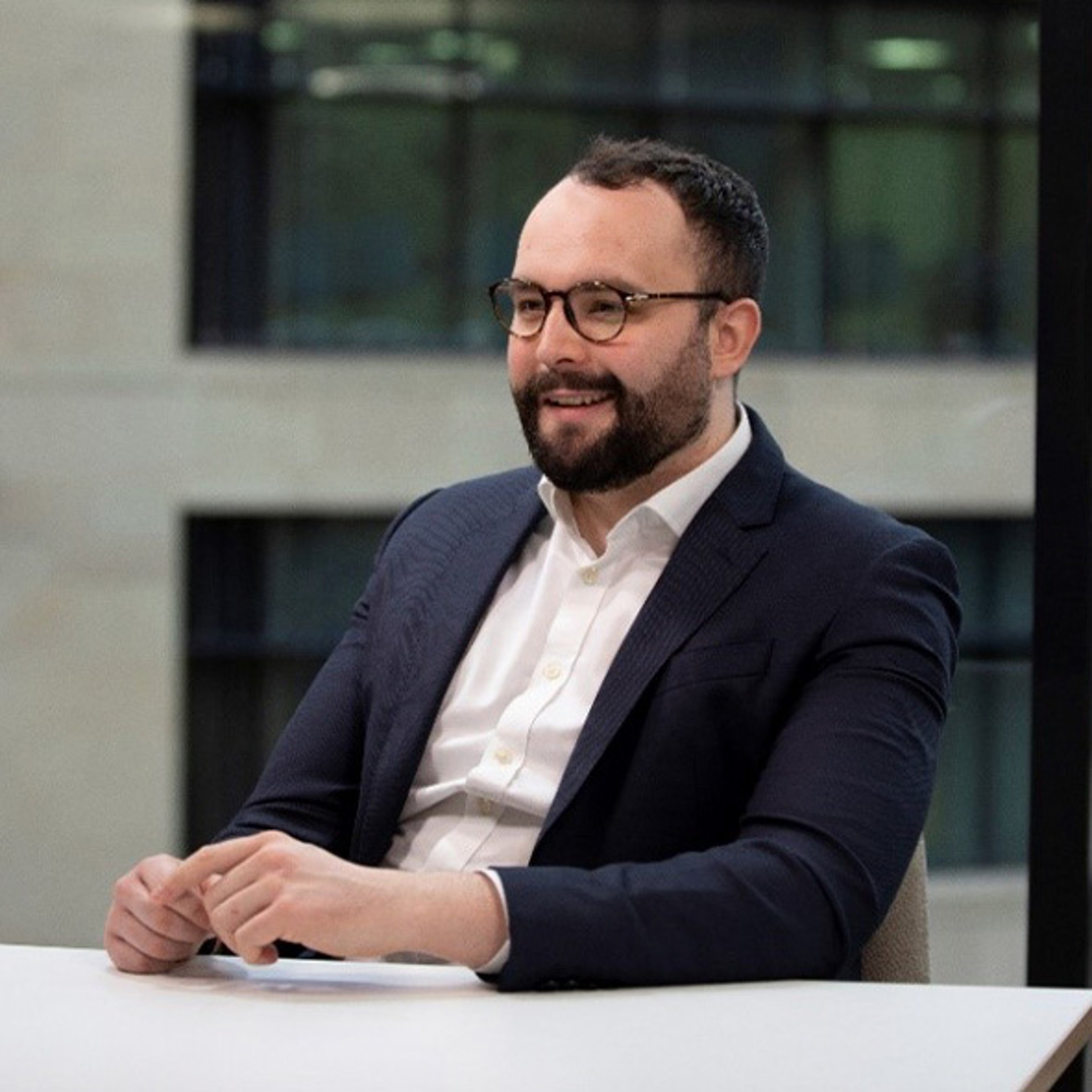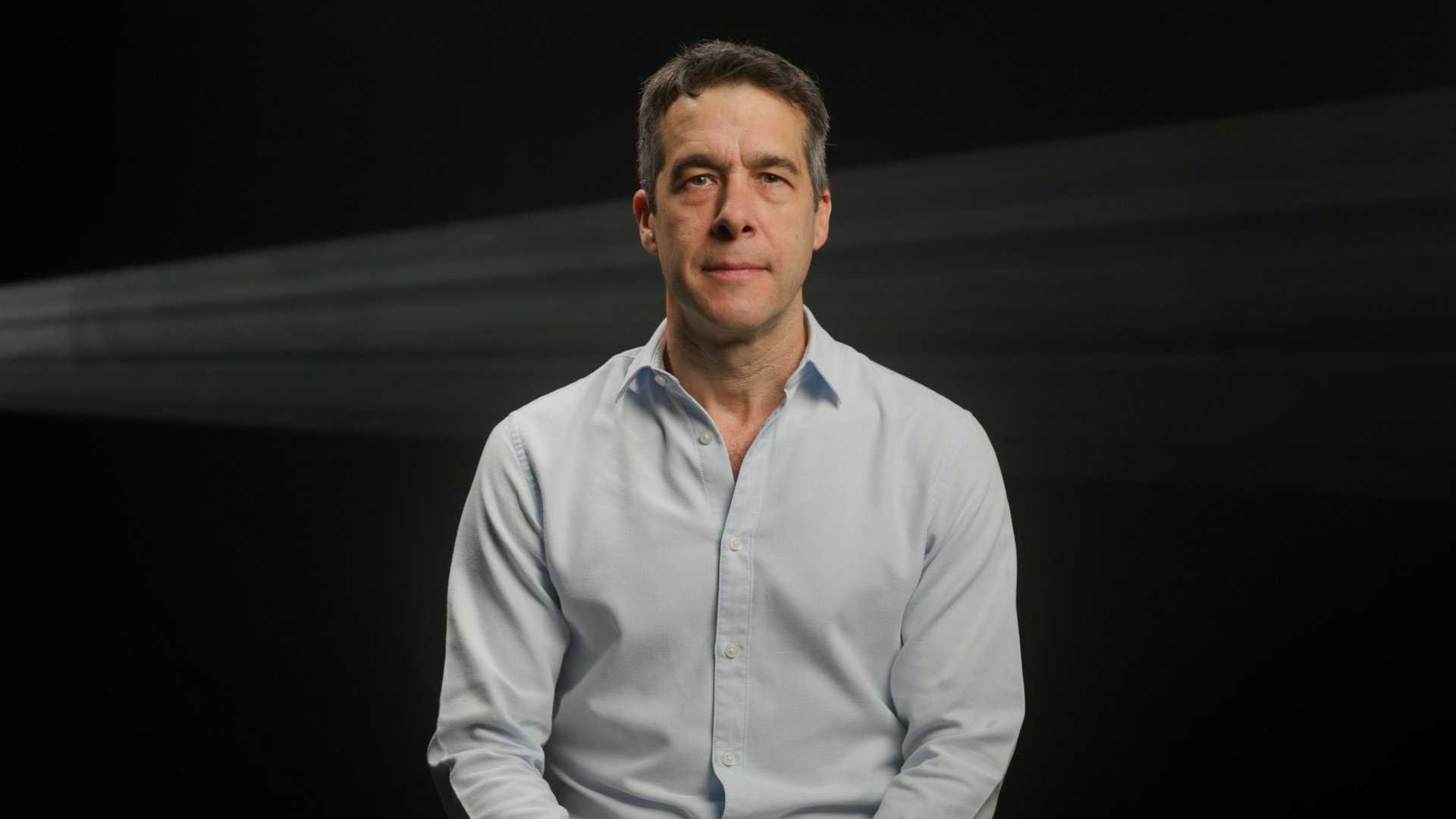
The value of any investment can fall as well as rise and investors may not get back the amount invested.
It is hardly surprising that there has been volatility in the equity markets. Turn on the television, listen to a politician or open a newspaper, and there is a good chance you’ll see someone prophesying economic doom.
Such claims serve to depress stocks in the short term. But they provide opportunities in the long term. This applies to both investors and businesses themselves.
So, how do we navigate such an environment and snatch victory from the jaws of defeat? There are three things we’d point to.
Structural growth
Covid-19 and the war in Ukraine have shown that it is never easy to forecast the future. There are, however, some phenomena that are more predictable than others.
By investing in companies backed by what we view as structural growth trends, we align our portfolios with major societal and industrial changes that will, we think, play out consistently over a long period.

It means, for example, investing in Nexans. Its cables will be critical for the offshore wind industry, which will help decarbonise the economy. This involves much more predictive power than timing exposures for the next 12 months based on our perception of the economic cycle.
It can be tempting to take a short-term view and seek to time our investments and position our portfolios based on a historical environment. Such reliance on the ‘known’ reflects humanity’s desire to understand everything that is happening and is to come.
But the only constant in life and investing is change. Rather than ascribing models to an environment and defining a ‘new normal’, we should, in the words of the Nomad Investment Partnership’s Nick Sleep, “take heart, and look to the horizon”.
Focus on the competitive edge and the balance sheet
Investing in a company for five to ten years is only worthwhile if you can be confident that it will weather and emerge stronger from inevitable storms over that period.
A company’s competitive advantage drives its ability to generate persistent and durable returns, and it forms a crucial part of our research framework as a result. We want to invest in businesses whose products and services are so essential to their customers that, even in difficult periods, they can exhibit pricing power.
One example is Adyen. Its technology plays a vital role in enabling merchants to accept payments more quickly and cheaply, simplifying the complex payment stack. As a result, we believe Adyen is well placed to increase its transaction commission fees and expand its profit margins.
Likewise, we want to invest in businesses whose brands retain their lustre for generations. That way customer demand won’t be dependent on the state of the wider economy – something our investments in Kering and Richemont reflect.
A business cannot be durable if it has an imperilled balance sheet. We do not like to see much debt in a company’s capital structure. As a result, our portfolio has a significantly lower debt level than the MSCI Europe ex UK Index, which serves as our benchmark.
A company with a strong balance sheet can emerge from a crisis better placed than when it entered it. But that alone is useless unless you are confident that those responsible for capital allocation will be prepared to be greedy when others are fearful, as Warren Buffett might say.
It is why many of the companies we invest in have either family or founder ownership. The creation and maintenance of multi-generational wealth require a long-term, opportunistic mindset. And professional managers of a corporation with a distributed shareholder base are unlikely to possess it.
That is why we have stayed invested in Atlas Copco, backed by Sweden’s influential Wallenberg family, for 37 years continuously and through many economic cycles.
As the increase in funding costs begins to bite the overextended, we believe our companies will fill the spaces left by retrenching peers, given their competitive advantages and the strength of their balance sheets.
This applies to holdings across the portfolio, including its:
- Airlines – Ryanair and Wizz Air
- Food delivery companies - Delivery Hero and Just Eat Takeaway.com
- Industrial consolidators – rubber compounding company Hexpol, the speciality chemicals distributor IMCD and the heat pump manufacturer NIBE.
Optimism
Optimism is an underrated quality. Entrepreneurialism and societal progress require a great deal of optimism because it helps us to imagine what is possible. It also imbues resilience and adaptability in difficult times.
Kevin Kelly, the founding editor of Wired magazine, wrote in his essay The Case for Optimism that: “The psychological temperament of an optimist is not a sunny disposition or a Pollyanna delusion that everything is ideal. Rather, optimists believe that bad things are produced by temporary causes that can be overcome, while pessimists believe bad things always happen, and if anything good happens, it’s temporary.”

Optimism is always essential in long-term investment but especially in periods of drawdown. It gives us the chance to discern signals from noise and the gap between perception and reality.
That most other investors seem to be bearish on the types of companies we invest in gives us cause for optimism. The gap between perception and reality provides us with opportunities.
While expectations for our companies have broadly cratered, those for economically sensitive sectors remain very high. This is something that could prove to be significant. Strange as it might sound, the best investment decisions are made in periods of great uncertainty.
As we have gone back to our investment process for the companies in the portfolio, we have been reassessing what we understand that the market doesn’t. In other words, our ‘variant perception’.
A common theme has emerged: in periods of great stress, the market struggles to understand the attractiveness and durability of structural growth. It ignores the power of competitive advantage and underestimates the power of counter-cyclical capital allocation.
Looking ahead
While we are optimists, we are not blind optimists.
We expect companies to endure a tough operating environment as we face a possible recession. And some still have business-specific issues to navigate. However, these firms are favoured by structural growth trends, strong competitive advantages and solid balance sheets that give us confidence they can emerge from this period bigger and better.
Our central task is to find companies which can at least double in value over five years. In the last 30 years we have calculated a 30 per cent probability of identifying such outliers.
Your chances are better, though, in times of uncertainty. And the likelihood of at least doubling is greater after severe drawdowns.
It may sound perverse, but we believe this is a better environment in which to allocate capital than most of the past decade.
Find out more about the European Fund
or for more detail view the European Fund Monthly Factsheets
Risks and Important Information
Investment markets can go down as well as up and market conditions can change rapidly. The value of an investment in the fund, and any income from it, can fall as well as rise and investors may not get back the amount invested. The Fund has exposure to foreign currencies and changes in the rates of exchange will cause the value of any investment, and income from it, to fall as well as rise and you may not get back the amount invested. The fund’s concentrated portfolio relative to similar funds may result in large movements in the share price in the short term. The fund’s share price can be volatile due to movements in the prices of the underlying holdings and the basis on which the fund is priced.
The views expressed in this article should not be considered as advice or a recommendation to buy, sell or hold a particular investment. The article contains information and opinion on investments that does not constitute independent investment research, and is therefore not subject to the protections afforded to independent research.
Some of the views expressed are not necessarily those of Baillie Gifford. Investment markets and conditions can change rapidly, therefore the views expressed should not be taken as statements of fact nor should reliance be placed on them when making investment decisions.
Baillie Gifford & Co Limited is wholly owned by Baillie Gifford & Co. Both companies are authorised and regulated by the Financial Conduct Authority and are based at: Calton Square, 1 Greenside Row, Edinburgh EH1 3AN. Baillie Gifford & Co Limited is a unit trust management company and the OEICs’ Authorised Corporate Director.
27016 10014426




